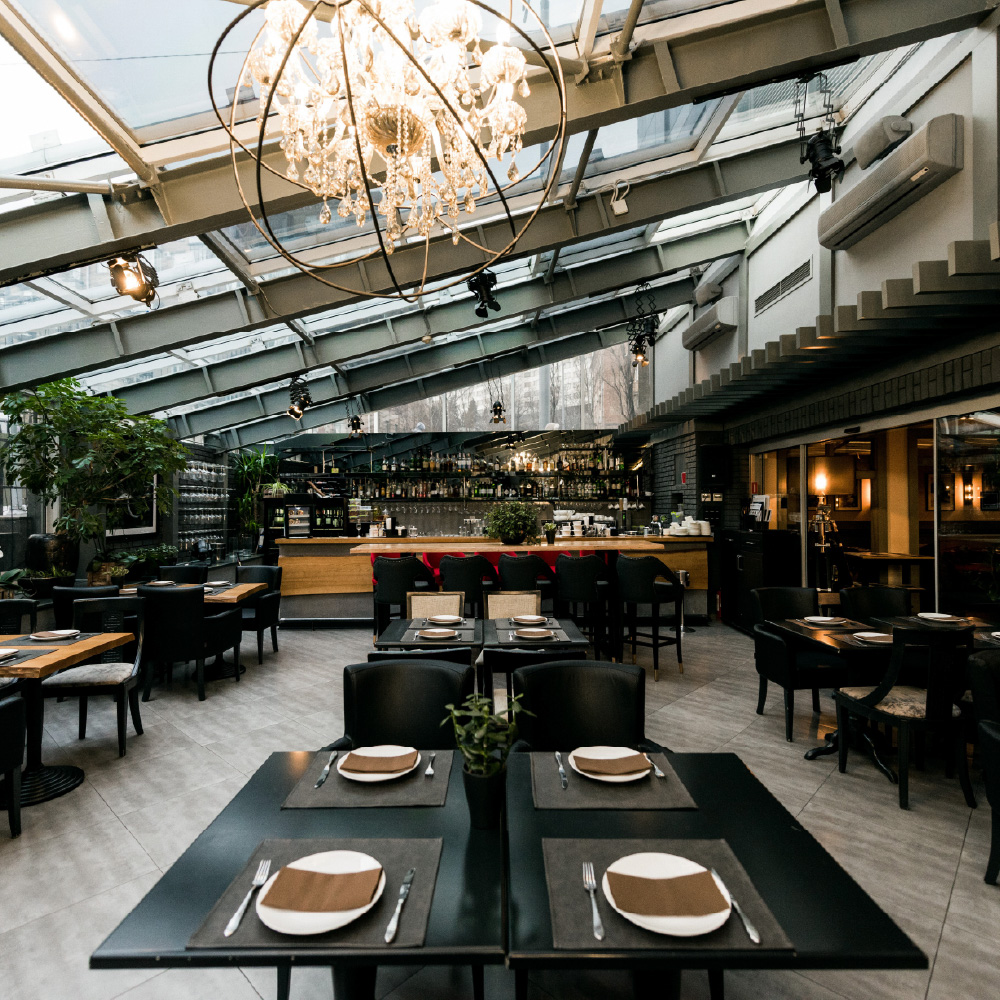
Creating a successful restaurant requires more than just great food and ambiance. Behind every thriving establishment is a high-performing team working in harmony. Building such a team is crucial for providing excellent service, ensuring customer satisfaction, and maintaining operational efficiency. With the right strategies, restaurant owners can cultivate a team that drives success and growth.
Recruiting Top Talent for Your Restaurant Team
Hiring the right people sets the foundation for a high-performing team. Look for candidates who align with your restaurant’s vision and values. Skills can often be taught, but attitude and passion are harder to instill.
Crafting Compelling Job Descriptions
Your job descriptions should clearly outline responsibilities, expectations, and qualifications. Use engaging language to attract passionate individuals who fit your restaurant’s culture.
Conducting Effective Interviews
Interview questions should focus on assessing candidates’ teamwork abilities, problem-solving skills, and customer service mindset. Role-playing scenarios help gauge how they handle real-world situations.
Emphasizing Culture Fit
Cultural fit is as important as skills. Candidates who share your values are more likely to collaborate effectively and contribute positively to the team dynamic.
Training and Onboarding: Setting the Stage for Success
Proper training and onboarding are key to equipping your team for success. A structured onboarding process ensures employees feel supported and confident from day one.
Developing Comprehensive Training Programs
Create detailed training manuals covering customer service, food safety, and operational procedures. Pair new hires with experienced team members for hands-on learning.
Encouraging Continuous Learning
Offer workshops, certifications, and mentorship programs to encourage professional growth. Investing in your team’s development shows that you value their contributions.
Building Strong Communication Channels
Effective communication is vital for a high-performing restaurant team. Clear communication minimizes errors, improves efficiency, and fosters a collaborative environment.
Implementing Pre-Shift Meetings
Pre-shift meetings allow sharing updates, setting goals, and addressing any concerns. Use these meetings to motivate your team and align everyone’s focus.
Leveraging Technology for Communication
Use tools like scheduling apps or team communication platforms to streamline information sharing. The technology ensures everyone stays informed and connected.
Fostering a Positive Work Environment
A supportive and positive work environment boosts employee morale and reduces turnover. Happy employees are more engaged and deliver better service.
Recognizing and Rewarding Excellence
Acknowledging hard work and achievements motivates employees to maintain high performance. Implement rewards programs or employee of the month initiatives.
Encouraging Team Bonding
Team-building activities, such as group outings or workshops, strengthen relationships among staff members. A united team works more effectively under pressure.
Promoting Leadership Development
Strong leadership drives team performance. Invest in developing leaders within your organization to ensure sustained success.
Identifying Potential Leaders
Observe team members for initiative, problem-solving skills, and the ability to inspire others. Nurture these individuals for future leadership roles.
Offering Management Training
Provide aspiring leaders with conflict resolution, decision-making, and operational management training. Leadership programs prepare them to handle challenges effectively.
Maintaining Accountability and Setting Clear Expectations
Clear expectations and accountability help maintain consistent performance standards. When everyone knows their role, operations run smoothly.
Establishing Performance Metrics
Set measurable goals for individual and team performance. Use metrics to track progress and identify areas for improvement.
Conducting Regular Performance Reviews
Schedule one-on-one meetings to provide constructive feedback and celebrate accomplishments. Use these sessions to address any concerns and set future objectives.
Managing Conflict Effectively
Conflict can arise in high-pressure environments like restaurants. Addressing issues promptly and constructively ensures conflicts do not affect team morale.
Encouraging Open Dialogue
Create a culture where employees feel comfortable voicing concerns. Listening to their perspectives fosters trust and helps resolve issues quickly.
Mediating Disputes Fairly
Approach conflicts objectively and involve all parties in finding solutions. Fair mediation ensures disputes do not escalate and impact team dynamics.
Retaining Top Performers in a Competitive Industry
Employee retention is crucial for maintaining a high-performing team. Losing skilled workers can disrupt operations and affect service quality.
Providing Competitive Compensation
Offer fair wages, benefits, and perks to attract and retain top talent. Competitive compensation shows employees they are valued.
Creating Growth Opportunities
Promotions, cross-training, and skill development opportunities encourage employees to stay long-term. A clear career path keeps them motivated and invested.
Adapting to Changing Needs in the Industry
The restaurant industry is dynamic, requiring adaptability from both management and staff. Staying ahead of trends ensures your team remains competitive.
Embracing Technological Advancements
Incorporate tools like point-of-sale systems, inventory management software, and online ordering platforms. Technology streamlines operations and enhances customer experience.
Responding to Customer Feedback
Use feedback to identify areas for improvement. Encourage your team to view feedback as an opportunity for growth and innovation.
Building a high-performing restaurant team takes time, effort, and dedication. Focusing on recruitment, training, communication, and employee satisfaction creates a thriving team. With a strong and united staff, your restaurant can consistently deliver outstanding experiences and achieve lasting success.